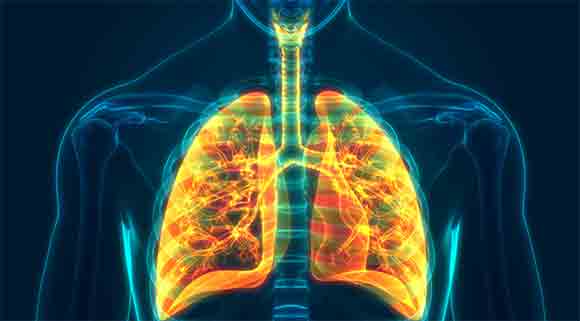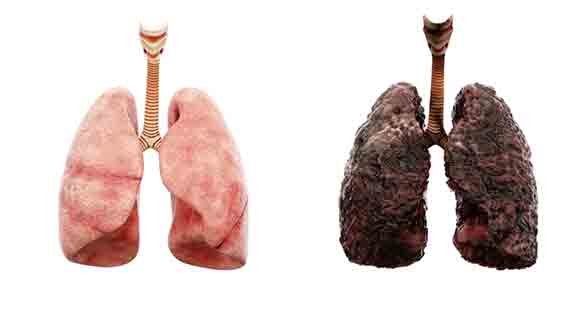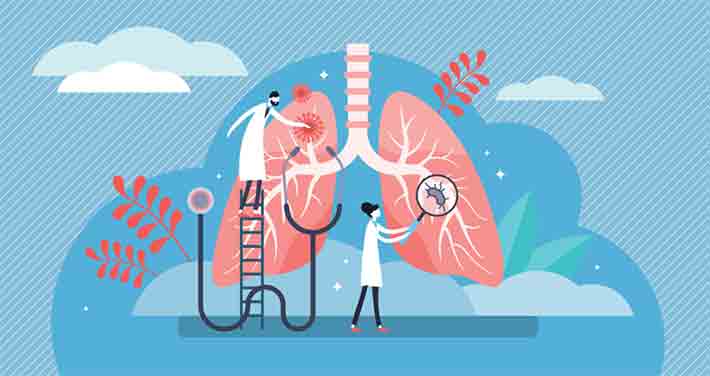For those with asthma, breathing is never given as a matter of course. It is a chronic lung disease that can be life-threatening and usually does not show any warning signs before striking. Many things can trigger an attack: allergens like dust mites or cigarette smoke, cold air, or even exercise. When someone has an asthma attack, their bronchial tubes swell, and the muscles around them tighten; this makes it difficult for oxygen to enter the lungs and for carbon dioxide to leave them adequately.
What are the Effects of Asthma on Lung Capacity?

In addition, asthma is associated with several lung effects, including:
1. Asthma Flare-Ups Limit Lung Capacity
When someone is having an asthma attack, they are unable to get their breathing under control. This means that it becomes difficult for oxygen to enter the lungs and for carbon dioxide to leave them adequately. Therefore, with each breath, their lung capacity decreases until they get their asthma flare-up under control.
2. Difficulty Taking Deep Breaths
A person with asthma may take larger breaths than those who do not have asthma, but this does not seem to make a difference in the amount of air that moves into their lungs. This is because during an asthma flare-up, the muscles around the bronchioles tighten, and it becomes difficult for deep breaths to move past them. As a result, a person with asthma may be able to take more shallow breaths than those who have healthy lungs, but they will still have trouble breathing in enough air.
3. Lung Capacity Decreases
All of these factors combine as the muscles around the bronchioles tighten, and it is difficult for oxygen to move into or out of the lungs. As a result, the lung capacity of someone with asthma decreases. This is why it becomes so important for people who have asthma to stay in control of their symptoms. Otherwise, they could lose consciousness or even die due to a lack of oxygen in their bloodstreams.
4. Difficulty Getting Air Out
It is not just difficult for air to enter the lungs when someone has an asthma flare-up airphysio opinioni. It is also challenging for carbon dioxide to leave them, which means that it may feel like they do not have enough oxygen left in their systems even though there are plenty of oxygen molecules entering the lungs. This can lead to the feeling of dizziness or even blacking out as a result.
5. Constant Over-Sensitivity to Allergens and Triggers

One of the unfortunate side effects of having asthma is that you will end up becoming more sensitive to allergens and triggers, which can cause an episode, no matter how small. For example, someone who has asthma may become more sensitive to the smell of cigarette smoke after they have an attack. As a result, those with asthma need to try and avoid as many triggers as possible to keep their symptoms under control.
Conclusion
If you find that you are struggling with breathing due to asthma, it may be time to see a doctor for an exam. Asthma is often challenging to control without proper care. Your doctor can diagnose your condition and prescribe the best treatment.

